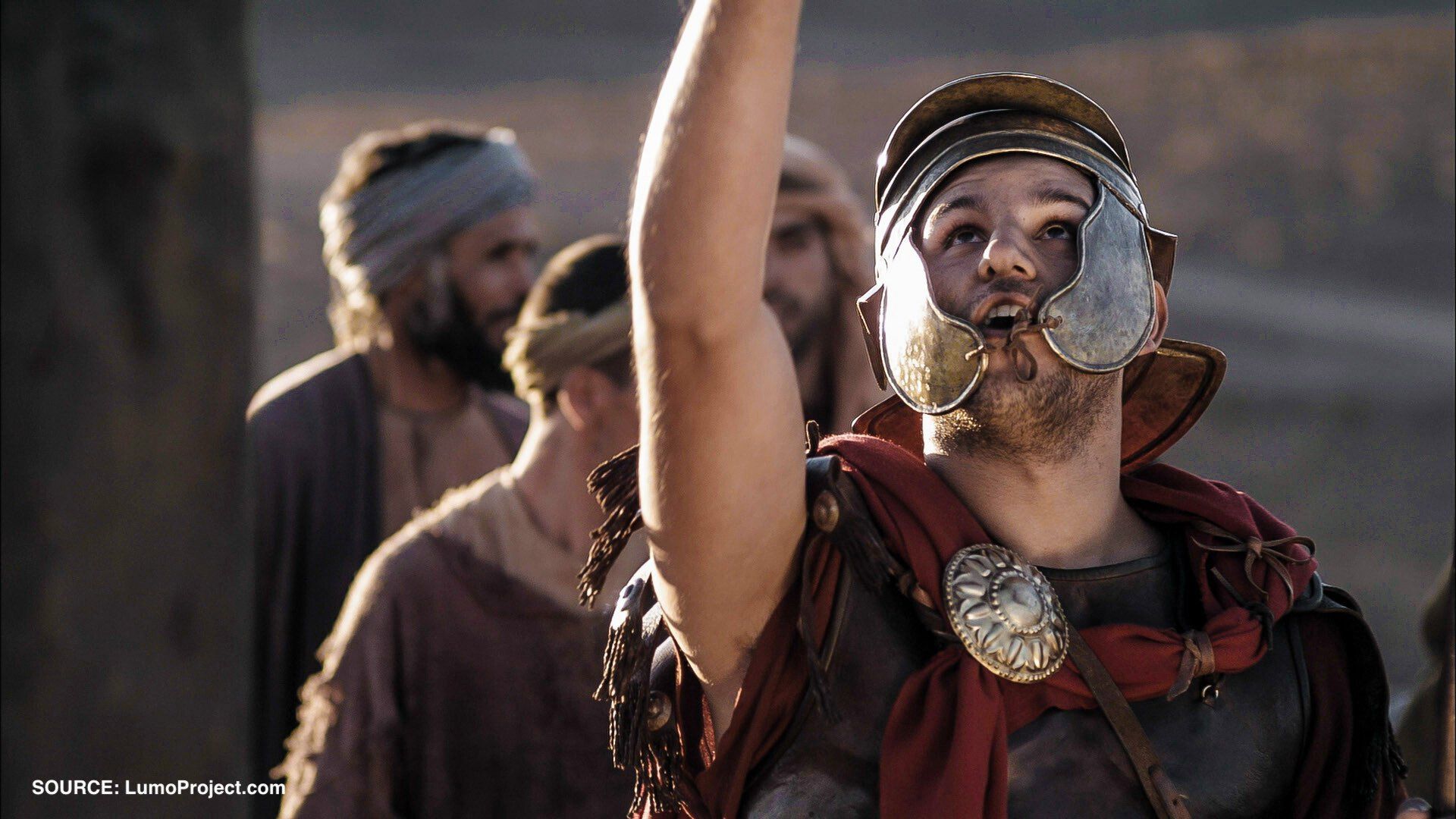Transformative Influence After You're Gone
A Serving Leadership Insight from the Life of Jesus Christ (Mark 15:39-46)
“And when the centurion, who stood there in front of Jesus, saw how he died, he said, 'Surely this man was the Son of God!' …So as evening approached, Joseph of Arimathea, a prominent member of the Council, who was himself waiting for the kingdom of God, went boldly to Pilate and asked for Jesus' body.” (See Mark 15:39-46 for full text)
In Mark 15:39–46, two unlikely men were deeply impacted by Jesus. One was a Roman centurion who, on observing Jesus' death, proclaimed, “Surely this man was the Son of God!” His declaration was especially significant considering that most Romans would have believed their reigning emperor was the son of a deity. The other was an elite member of the religious ruling body: Joseph of Arimathea. No doubt risking his reputation and jeopardizing his position, this man boldly went to Pilate and requested the body of Christ. Wrapping the corpse in linen, he placed it in his own tomb. The text notes that Joseph had been “waiting for the kingdom of God.” His act of quiet love and sacrifice speaks loudly of his faith in one who embodied ultimate love and sacrifice. These two men with such differing worldviews had intersected with the life and death of Jesus. Serving leaders have transformative influence even after they're gone.
KEY QUESTIONS: Do I care about the consequences of my life—the influence I'll have after I'm gone? What can I do today to ensure a positive, transformative legacy? How has Jesus' life and death continued to impact my life? How will it affect my death?















